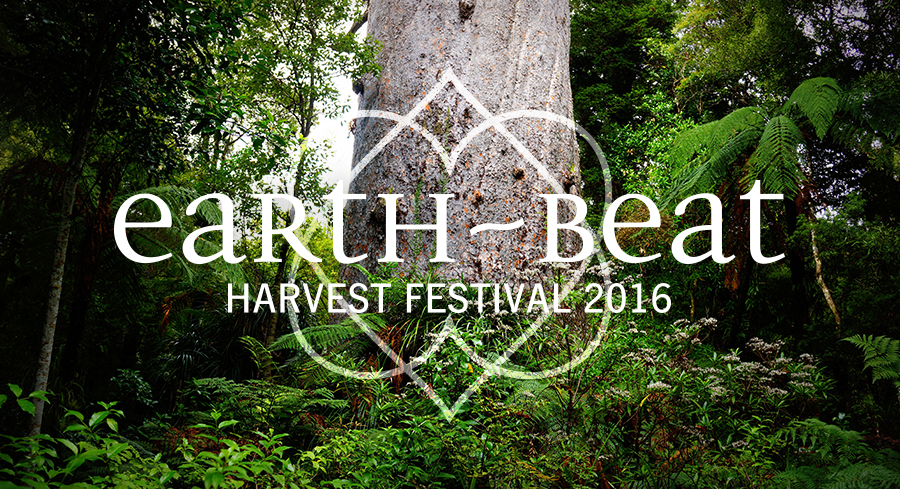
I’ve been doing qigong for awhile now, and over that time the awareness of qigong in the western world had been growing slowly, very slowly. Certainly now if you google qigong classes or courses, there are many many more results that come up compared to 10 or 15 years ago, and there have also been some mentions of qigong in popular media that have given it little bursts of public awareness (Dr Oz talking about qigong on the Oprah show a few years ago was a pretty significant one). But still when someone asks me what I do and I tell them I teach qigong, probably 95% or more of them have never heard of qigong.
I have noticed something different lately though…
In the last couple of years I have had a few opportunities to teach qigong workshops at large transformational festivals. One festival I have taught at over the last couple of years is one in Auckland, New Zealand called ‘Earthbeat’. It is a great festival, and I highly recommend you come along next year if you have the opportunity.
Last year I was the only qigong workshop presenter at the festival, and my workshop had a great turnout. This year there were FIVE different qigong presenters, presenting FIVE different qigong based workshops at the festival!!! All of the workshops were well attended too (I went to all of them myself as well, it is nice to learn different perspectives and experience different practices from time to time). I had a great time catching up with the different teachers as well, some of whom I knew already, and others who I met for the first time.
And there is something else I have noticed as well. In my travels recently I have had the opportunity to have contact with more yoga teachers and go to more yoga classes than I have in a long time. And in those classes I have been really surprised to hear yoga teachers using qigong terminology within their classes, talking about ‘meridians’ instead of ‘nadi’ and sometimes even referring to ‘qi’ instead of ‘prana’. And then of course there is the growing popularity of ‘yin’ yoga (yin is a Chinese term, not an Indian one). Now in the end I don’t think it matters too much what we label things. The terminology is just a tool, it is the underlying understanding that is really important, but it has been fascinating to see this emerging qigong influence on yoga practice and terminology.
It makes me wonder if awareness of qigong is at a tipping point, where it will move from being something that very few people have heard of into something that there is mainstream awareness of, much as there is with yoga, pilates and some other practices. I hope so because I believe there is so much that people can benefit from in qigong practice.
